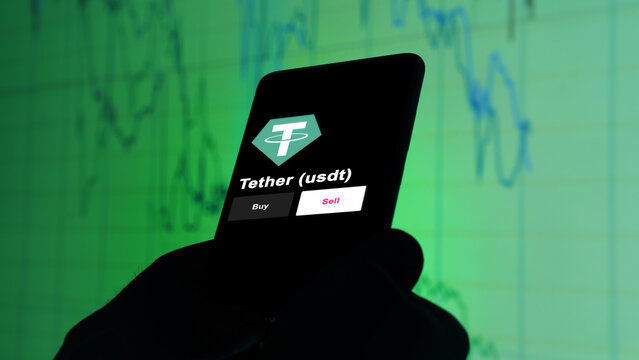Staking integration could redefine returns and strategies in Ethereum-focused exchange-traded funds.

Photo: Michael Santiago
Key Takeaways
- BlackRock and Nasdaq filed with the SEC to add staking to the iShares Ethereum Trust.
- Several other fund managers are also seeking staking permissions for their Ethereum funds.
Nasdaq has proposed a rule change with the SEC to enable staking capabilities for BlackRock’s spot Ethereum ETF, the iShares Ethereum Trust, also known as ETHA.
According to a new 19b-4 filing, the fund would be able to stake all or a portion of ETHA’s Ether through one or more trusted staking providers if granted approval by the securities regulator.
The proposal also indicates that staking rewards would be treated as income.
With this move, BlackRock officially joins a number of fund managers pursuing permission to incorporate staking into their Ethereum funds. These include 21Shares, Grayscale, Fidelity, and Franklin Templeton.
Cboe BZX Exchange filed, on behalf of 21Shares, to seek comments regarding permitting the staking of Ether held by the 21Shares Core Ethereum ETF. The SEC acknowledged the filing in February. In March, the exchange filed a proposal to enable staking for the Fidelity Ethereum Fund (FETH) and the Franklin Ethereum ETF (EZET).
NYSE Arca submitted a proposal on behalf of Grayscale to enable Ethereum staking within its ETFs, specifically the Grayscale Ethereum Trust ETF and the Grayscale Ethereum Mini Trust ETF.
Firms dropped staking from Ethereum ETF filings amid SEC scrutiny
Before the SEC approved spot Ethereum ETFs, industry leaders such as Fidelity, Franklin Templeton, VanEck, and Invesco/Galaxy had sought to offer staking as part of their Ethereum ETFs.
This feature would have allowed fund managers to stake the underlying Ethereum holdings, generating additional yields for investors through the Ethereum network’s proof-of-stake consensus mechanism.
However, the SEC, under former Chair Gary Gensler, raised concerns that staking-as-a-service offerings could be classified as unregistered securities.
The regulator previously targeted firms offering staking services, like Coinbase and Kraken.
In response to the SEC’s position, these firms amended their Ethereum ETF applications and removed the staking provisions.
The removal of staking capabilities was speculated to influence ARK Invest’s decision to withdraw its Ethereum ETF plans.
Without staking, the ETFs would only track Ether’s price, excluding the approximately 3% yield available through staking rewards.
This makes the product less attractive to investors seeking growth in their holdings through staking rewards.
Disclaimer
 4 hours ago
2
4 hours ago
2

















 English (US) ·
English (US) ·